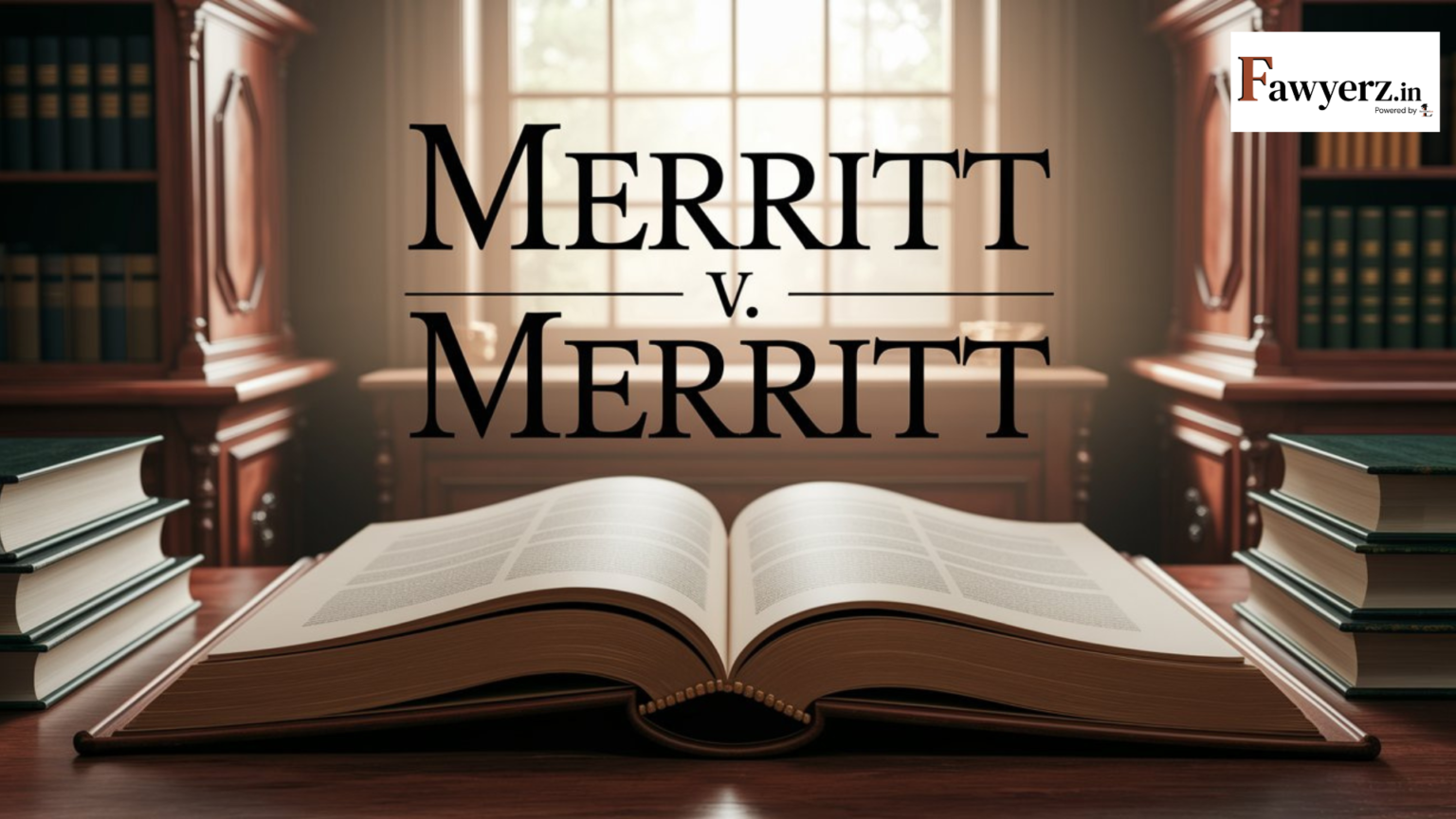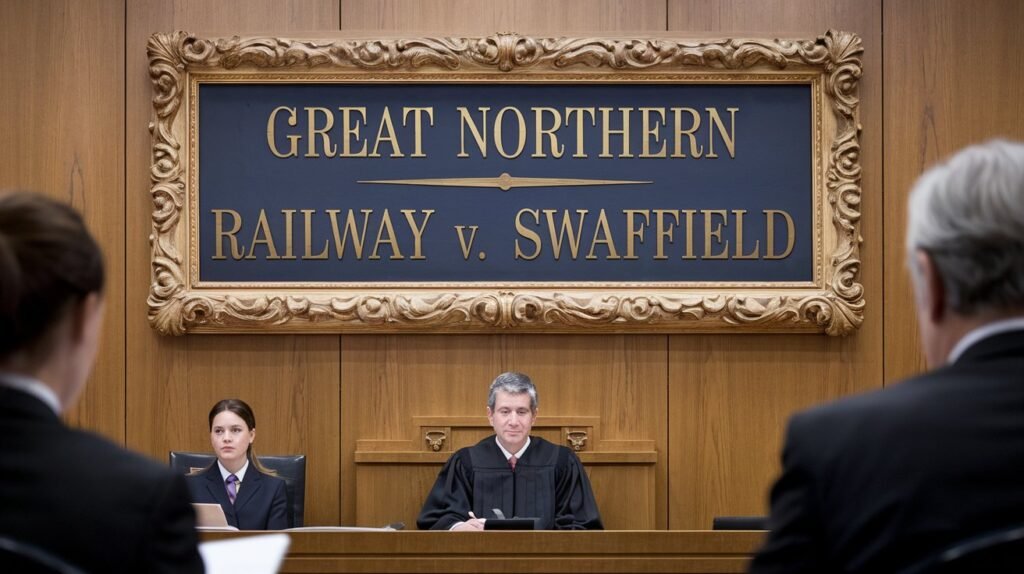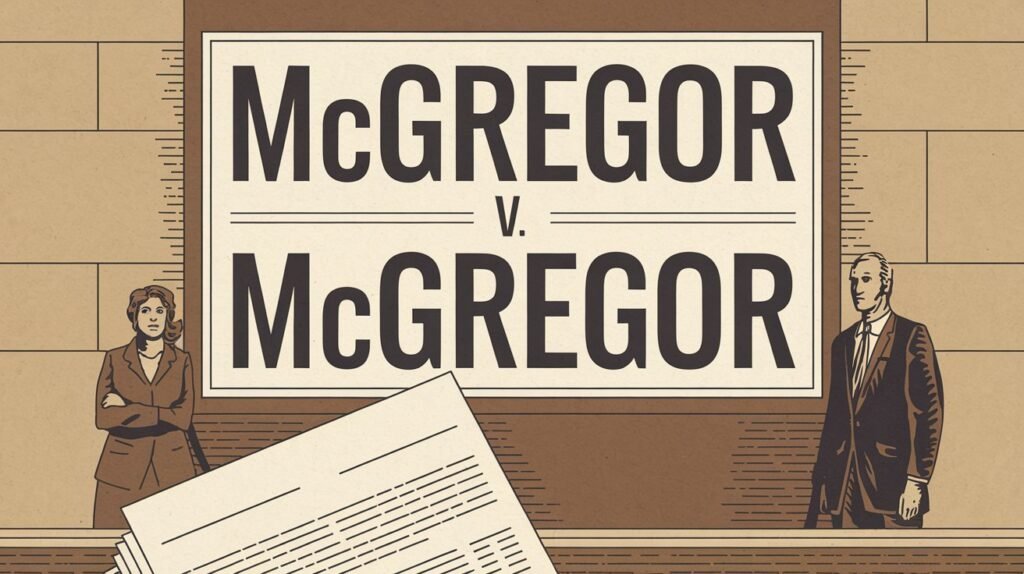Merritt v. Merritt 1970 (Case Summary)

This landmark decision by the Court of Appeal clarified the enforceability of agreements between estranged spouses. The court distinguished this case from Balfour v. Balfour, emphasizing that when spouses are separated or about to separate, their agreements are presumed to have legal intent.
Table of Contents
ToggleFacts of Merritt v. Merritt
- Mr. and Mrs. Merritt were married in 1941 and jointly owned their matrimonial home.
- In 1966, Mr. Merritt left his wife to live with another woman.
- They agreed that Mr. Merritt would pay Mrs. Merritt £40 per month, from which she would pay the remaining £180 mortgage on the house.
- At Mrs. Merritt’s insistence, Mr. Merritt signed a written agreement stating that upon full repayment of the mortgage, he would transfer the house into her sole ownership.
- Mrs. Merritt paid off the mortgage, but Mr. Merritt later refused to transfer the property, leading her to seek a legal declaration of ownership.
Issues framed
- Whether the written agreement between the separated spouses was intended to create legal relations and thus be legally enforceable?
- Whether Mrs. Merritt provided valid consideration for Mr. Merritt’s promise to transfer the property?
Subordinate Court Judgment
The trial judge ruled in favor of Mrs. Merritt, declaring the agreement enforceable and ordering Mr. Merritt to transfer the property.
Mr. Merritt appealed the decision to the Court of Appeal.
Judgment of Merritt v. Merritt
The Court of Appeal applied contract law principles, particularly the doctrine of intention to create legal relations, and revisited the presumption established in the case of Balfour v. Balfour that stated that agreements between spouses are typically not intended to be legally binding.
The Court of Appeal held that the presumption against legal enforceability in domestic agreements does not apply when spouses are separated or about to separate. The written agreement indicated a clear intention to create legal relations. Mrs. Merritt’s act of paying off the mortgage constitute valid consideration for Mr. Merritt’s promise.
The Court of Appeal upheld the decision of the Trial court, ruling that the written agreement was legally binding and enforceable. The Court emphasized that once parties are separated or in the process of separation, their arrangements are not casual or sentimental; instead, they reflect a clear intention to create legal relations. Hence, the Court of Appeal dismissed Mr. Merritt’s appeal, affirming that the agreement was legally binding and ordered to transfer the property to Mrs. Merritt in accordance with the agreement.





